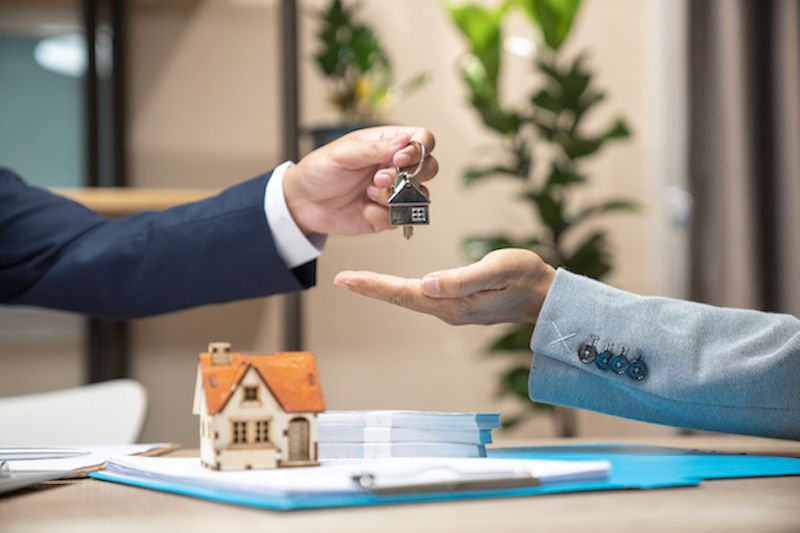How the buying process works: Pre-approval, Negotiation, Inspections, Down payment, and Closing. You can use this information to make the most informed decision. First, an agreement is signed between Virginia Beach home buyers and the seller. Next, a mortgage note or deed of trust secures the mortgage note. Finally, after closing, you become a homeowner.
Pre-approval
A mortgage lender’s pre-approval locks your borrowing power and gives you a competitive edge in the housing market. It also reveals your credit score, so you can fix them before becoming a homeowner.
First, you will need to get a pre-approval letter from a lender. This document is not an actual mortgage offer, so if you need to change mortgage lenders, you’ll need to get a new application. That will delay the closing of the transaction. You may also need to change your mortgage terms and interest rate. Different mortgage options require additional down payments, so it’s best to understand the requirements for each one and choose a lender that meets them.
Down payment
While it is not common to pay the entire down payment at once, you will often be asked to make a down-payment earnest money deposit when you sign the contract. You will be asked to send this amount to an escrow account to secure your money and disperse it to the seller at closing. This earnest money can be delivered by wire transfer or cashier’s check. The remainder of the down payment is due at the closing table. The amount you need to pay may depend on the purchase contract.
It’s best to know how much you can save up before you begin the house-buying process. For example, if you borrow money to buy a new house, you should have at least three to six months’ worth of expenses. Then you should add up all the money you have in savings and set aside a tiny emergency cushion for the closing. This emergency cushion should be three to six months’ worth of expenses. Once you have calculated the total, you should be left with the cash needed for closing.
Negotiation
Negotiation is part of the house buying process. While many buyers assume that the most critical point of negotiation is the purchase price, there are other major points of negotiation you can learn about and use to craft better offers. If you’re planning to negotiate on a price, here are some tips to help you get started. First, you need to assess the housing market. You’ll likely have a higher negotiating power if the market is a seller’s market. You may have to put more earnest money into escrow or offer a higher down payment.
When you’re making an offer, always have a counter offer ready. The counteroffer will allow you to add to your offer. Keep in mind that sellers may not be as flexible as you think. In this case, a creative deal structuring strategy can be helpful. You should use comparable sold homes to compare your offer to the other offers. If you’re feeling nervous or overwhelmed, enlist the help of an agent to represent you.
Inspections
If you’re thinking about buying a house, it’s essential to schedule inspections during the house-buying process. This way, you’ll know if there’s anything to worry about before you sign the contract. While an examination can reveal significant problems, it may also highlight minor issues that are easy to fix. In such cases, you can negotiate with the seller for a lower purchase price or request some major repairs. Likewise, if the house needs significant renovations, you’ll need to schedule an inspection before closing.
You’ll learn about inspectors through broker referrals. Brokers understand the real estate market well to recommend a good inspector. However, beware of brokers who recommend inspectors that graze over issues. Ideally, you should hire an inspector who can thoroughly examine the house.
Getting a mortgage
The process of buying a home starts with getting a mortgage. This is an essential part of the house-buying process because it allows you to target homes that fit within your budget. However, getting pre-approval isn’t enough, as you still need to go through the process. To get pre-approved, you must provide your mortgage banker with certain financial documents and go through an appraisal of your credit score. Then you can proceed to make an offer on a home. After getting pre-approved, you’ll need to submit your down payment and closing costs.
If you’re applying for a conventional loan, you’ll need to submit additional documentation or updated credit reports. Once the application is submitted, the lender will order a home appraisal. The appraiser’s information will confirm that the home’s value aligns with the purchase price you’ve agreed to. You’ll also need to keep your debt in check. Your obligation to income ratio will impact whether you’ll be approved or turned down for a mortgage.





